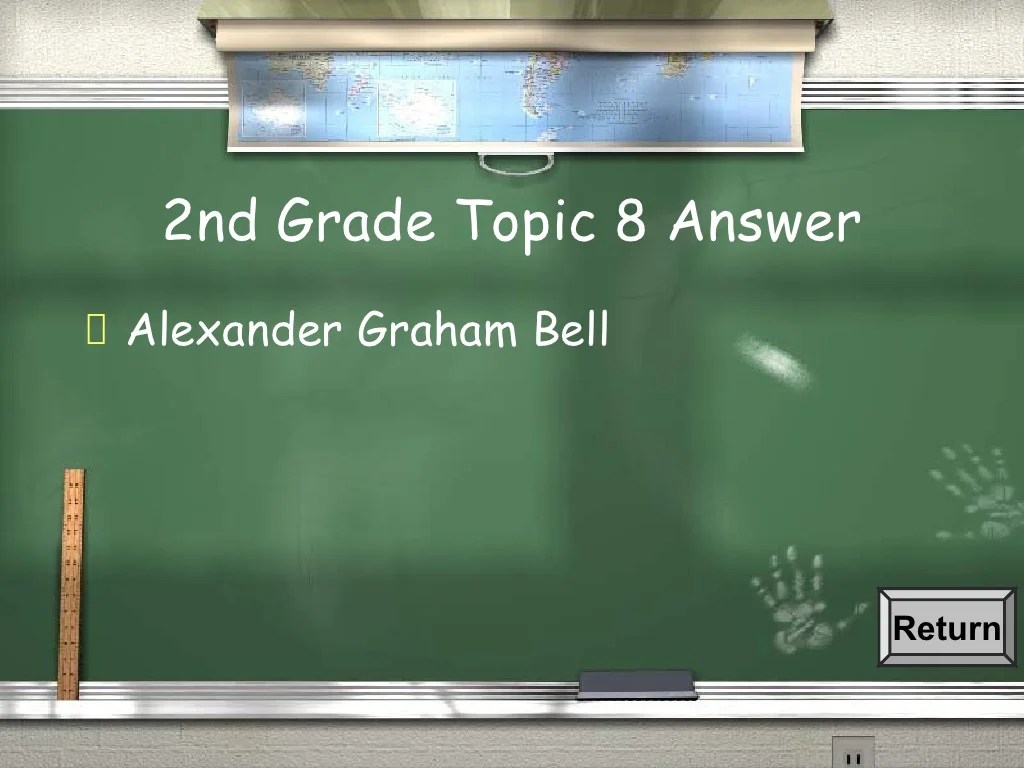Embark on a captivating journey into the realm of knowledge as we delve into the intriguing question, “Are You Smarter Than a Sixth Grader?” This exploration unveils the educational standards and cognitive abilities that shape our understanding of intelligence, offering a fresh perspective on the boundaries of human knowledge.
As we delve into the depths of this topic, we will uncover the historical roots of this phrase, meticulously compare the cognitive abilities of sixth graders and adults, and analyze the diverse types of questions that challenge our intellect in “Are You Smarter Than a Sixth Grader?” quizzes.
Background Information
The phrase “Are You Smarter Than a Sixth Grader?” gained prominence as the title of a popular American television game show that aired from 2007 to 2010.
The show’s premise involved adult contestants attempting to answer questions from a sixth-grade curriculum. The phrase itself became a cultural phenomenon, highlighting the notion that even adults might not possess the knowledge and skills of an average sixth grader.
Historical Origins
The origins of the phrase can be traced back to the 1970s when it was used as a playful challenge among friends and family members. The idea was to test each other’s knowledge on various subjects typically taught in sixth grade.
In 1999, the phrase was popularized by a book titled “Are You Smarter Than a Fifth Grader?” by Andy Borowitz, a satirical humorist. The book featured a collection of questions from elementary school textbooks and became a bestseller.
Educational Standards: Are You Smarter Than A Sixth Grader

Educational standards are guidelines that establish the knowledge and skills students are expected to acquire at each grade level. Sixth grade is a pivotal year in a child’s education, marking the transition from elementary to middle school. Accordingly, the educational standards for sixth graders are designed to prepare them for the academic rigors of higher grades and beyond.
Mathematics
- Understand and apply the four basic operations (addition, subtraction, multiplication, and division) with whole numbers, decimals, and fractions.
- Solve multi-step word problems involving whole numbers, decimals, and fractions.
- Understand and use ratios and proportions.
li>Understand and apply basic geometric concepts, such as area, perimeter, and volume.
Language Arts
- Read and comprehend complex texts, including fiction and nonfiction.
- Write clear and organized essays, stories, and poems.
- Use correct grammar and mechanics.
- Develop vocabulary and understand figurative language.
Science
- Understand the structure and function of living organisms.
- Investigate and understand physical phenomena, such as magnetism, electricity, and light.
- Apply scientific methods to solve problems and conduct experiments.
- Understand the history and nature of science.
Social Studies
- Understand the history of the United States and other cultures.
- Analyze current events and understand their impact on society.
- Develop critical thinking and problem-solving skills.
- Understand the principles of civics and government.
In comparison to adults, sixth graders are expected to have a foundational understanding of core academic subjects. While adults may possess more specialized knowledge and experience, sixth graders demonstrate a strong grasp of the fundamental concepts that form the basis for future learning and critical thinking.
Content Analysis
The “Are You Smarter Than a Sixth Grader?” quizzes present a diverse range of questions that encompass a broad spectrum of academic disciplines and difficulty levels. These questions are meticulously designed to test individuals’ knowledge and understanding of fundamental concepts taught in elementary school curricula.
To facilitate a comprehensive analysis, the questions can be categorized based on subject matter and difficulty level.
Subject Matter
The questions in these quizzes cover a wide range of subject areas, including:
- English Language Arts (e.g., grammar, vocabulary, reading comprehension)
- Mathematics (e.g., arithmetic, algebra, geometry)
- Science (e.g., biology, chemistry, physics)
- Social Studies (e.g., history, geography, civics)
- General Knowledge (e.g., current events, pop culture, trivia)
Difficulty Level
The difficulty level of the questions varies depending on the specific quiz and its target audience. Generally, the questions are designed to challenge individuals’ knowledge and critical thinking skills while ensuring accessibility for a wide range of participants. The difficulty levels can be classified as:
- Easy: These questions typically involve basic facts, definitions, or simple calculations.
- Medium: These questions require a deeper understanding of concepts and may involve some problem-solving or analysis.
- Hard: These questions are designed to challenge even the most knowledgeable individuals and often require advanced knowledge or critical thinking skills.
Cognitive Abilities

The “Are You Smarter Than a Sixth Grader?” game show tests adult contestants on their knowledge of sixth-grade curriculum. To succeed, contestants must possess a range of cognitive abilities, including:
General Knowledge
- Understanding of basic facts and concepts across various subjects, such as history, science, and literature.
- Ability to recall and apply information from memory.
- Capacity to make connections between different pieces of knowledge.
Problem-Solving
- Skill in analyzing and solving problems using logical reasoning.
- Ability to identify patterns, make inferences, and draw conclusions.
- Capacity to think creatively and generate multiple solutions.
Critical Thinking
- Skill in evaluating information, recognizing biases, and forming sound judgments.
- Ability to analyze arguments, identify fallacies, and draw logical conclusions.
- Capacity to consider different perspectives and make informed decisions.
Comparison of Cognitive Abilities between Adults and Sixth Graders
While adults may possess more life experience and specialized knowledge, sixth graders often demonstrate superior cognitive abilities in certain areas:
- Memory:Sixth graders typically have better short-term and long-term memory capacity than adults.
- Processing Speed:Sixth graders can process information more quickly than adults.
- Flexibility:Sixth graders are more adaptable and can switch between tasks more easily than adults.
However, adults typically have advantages in:
- Crystallized Intelligence:Knowledge and skills acquired through experience and education.
- Metacognition:Awareness and control of one’s own thinking processes.
- Expertise:Specialized knowledge and skills in specific domains.
Cultural and Social Implications
The phrase “Are You Smarter Than a Sixth Grader?” carries significant cultural and social implications, reflecting our society’s perceptions of intelligence and the value we place on education.
In some contexts, the phrase is used as a measure of intelligence, suggesting that a person’s knowledge and skills should be comparable to that of a sixth-grader. This can be a way to gauge an individual’s general knowledge and critical thinking abilities, particularly in areas like science, math, and history.
As a Source of Humor, Are you smarter than a sixth grader
On the other hand, the phrase is also often used as a source of humor, poking fun at the perceived simplicity of sixth-grade curriculum and the idea that adults should be able to easily answer questions that are considered basic or elementary.
- This humorous use of the phrase highlights the cultural expectation that adults should possess a certain level of knowledge and competence, and that failing to meet this expectation can be a source of amusement.
- It also reflects the idea that intelligence is not solely defined by academic knowledge but also encompasses practical skills, life experiences, and common sense.
Key Questions Answered
What is the origin of the phrase “Are You Smarter Than a Sixth Grader?”
The phrase gained popularity in the early 2000s with the debut of the television game show “Are You Smarter Than a Fifth Grader?”
What types of questions are typically asked in “Are You Smarter Than a Sixth Grader?” quizzes?
Questions encompass a wide range of subjects, including math, science, history, geography, and language arts.
How do the cognitive abilities of adults compare to those of sixth graders?
While adults may possess a broader knowledge base, sixth graders often demonstrate superior memory and problem-solving skills.

